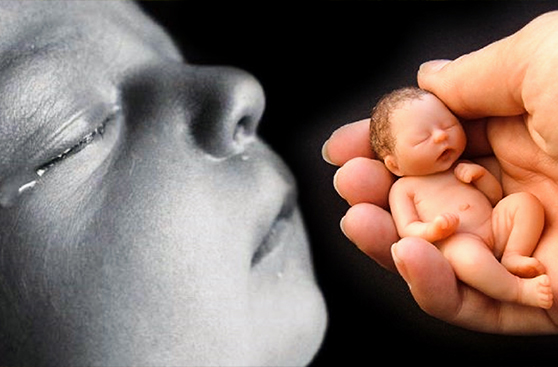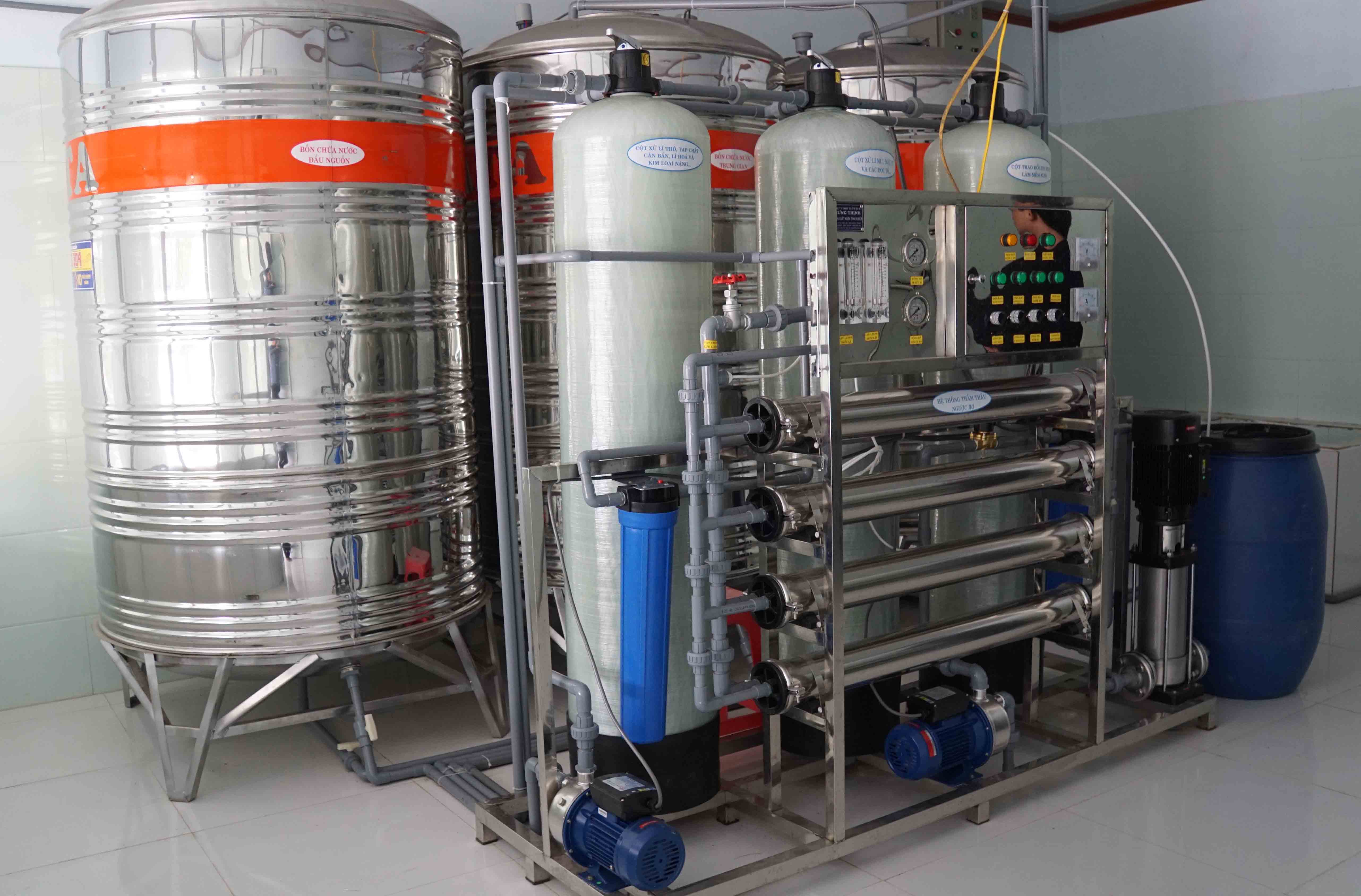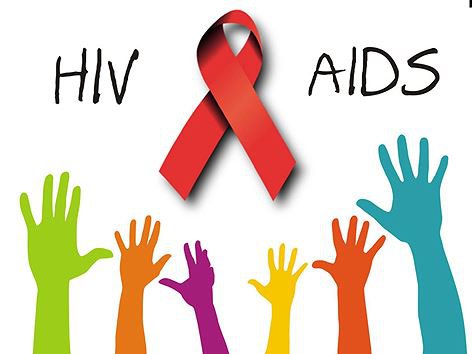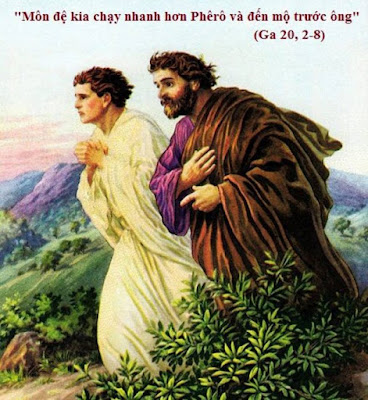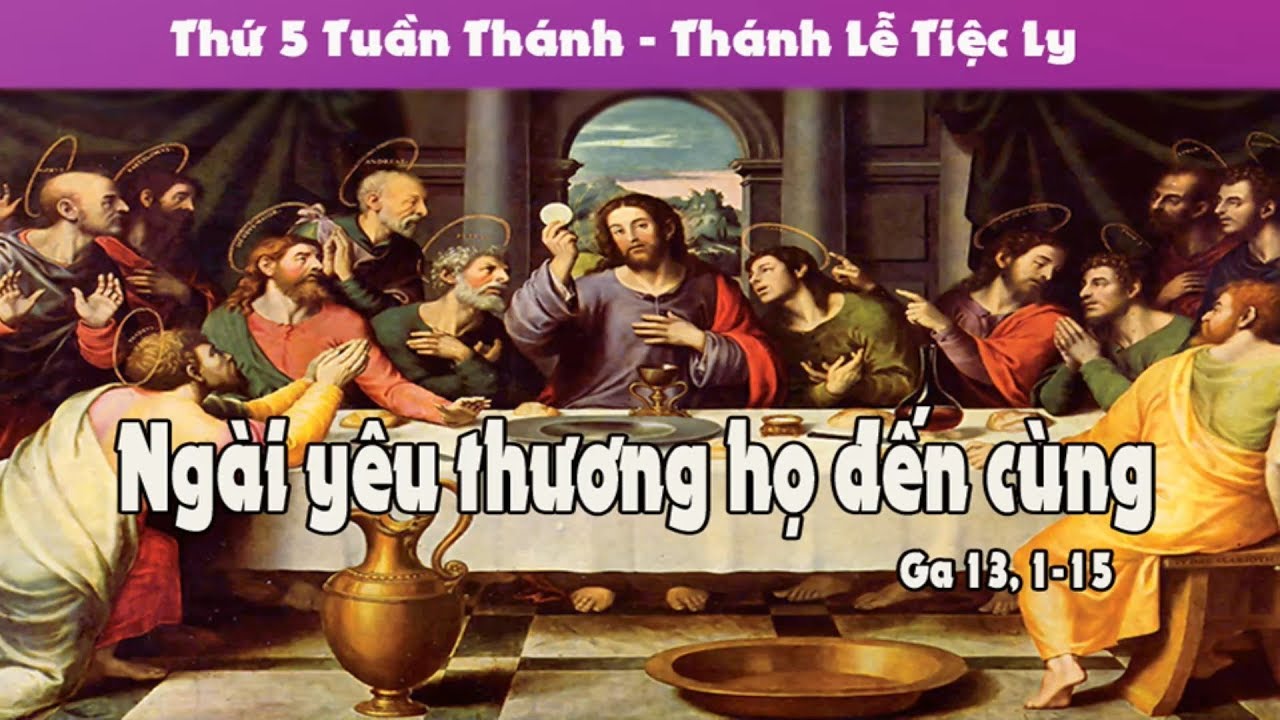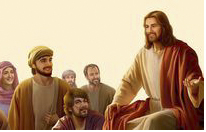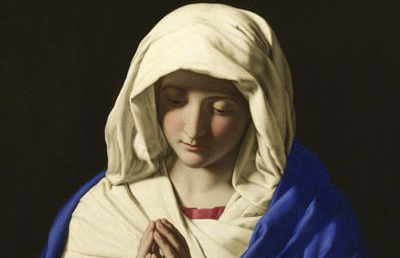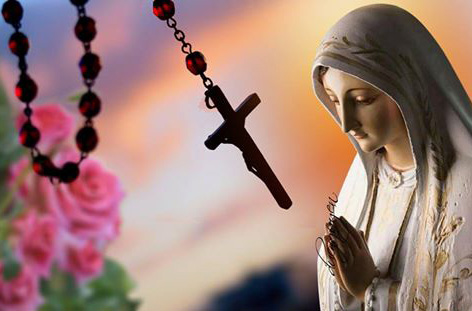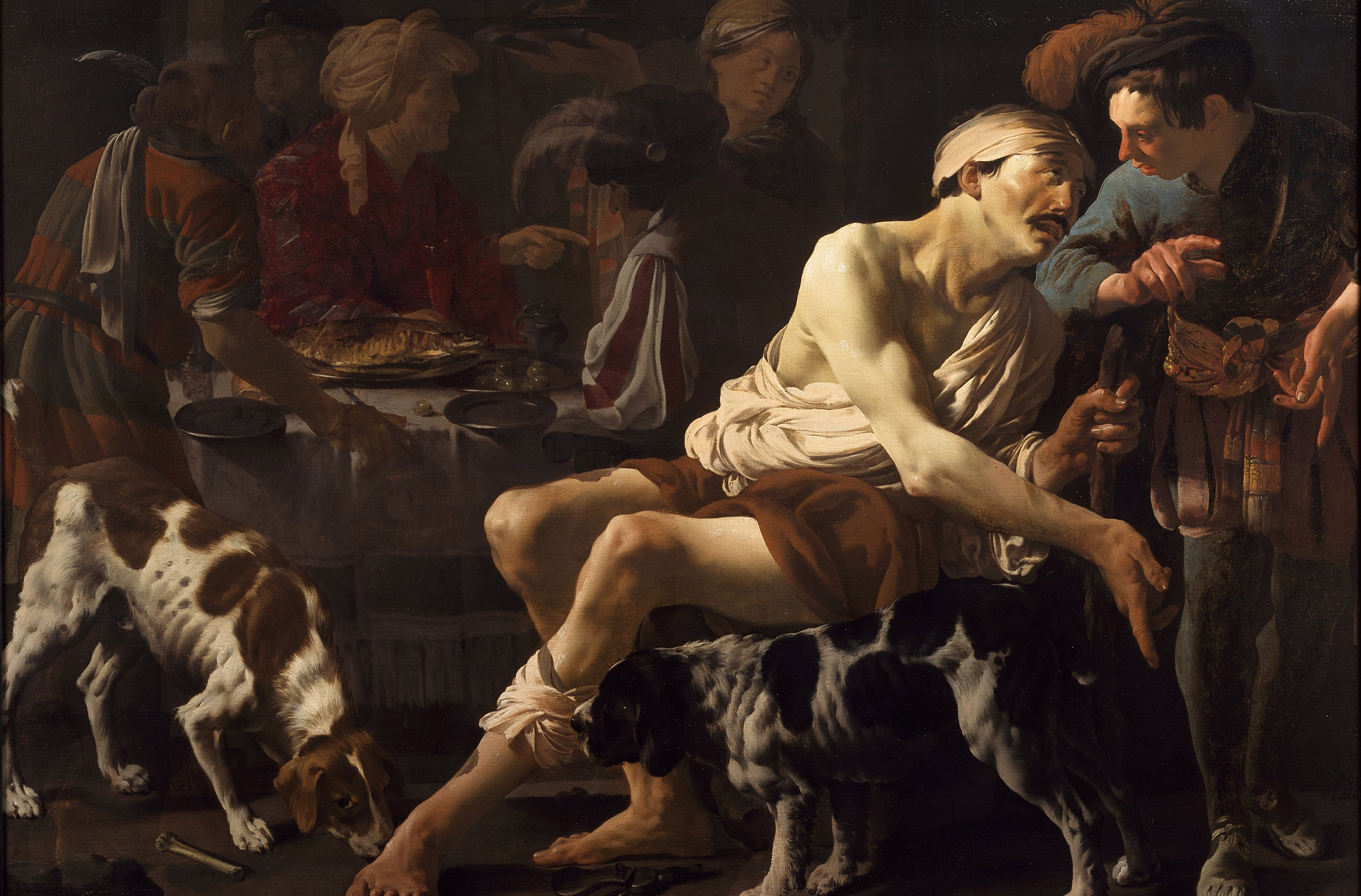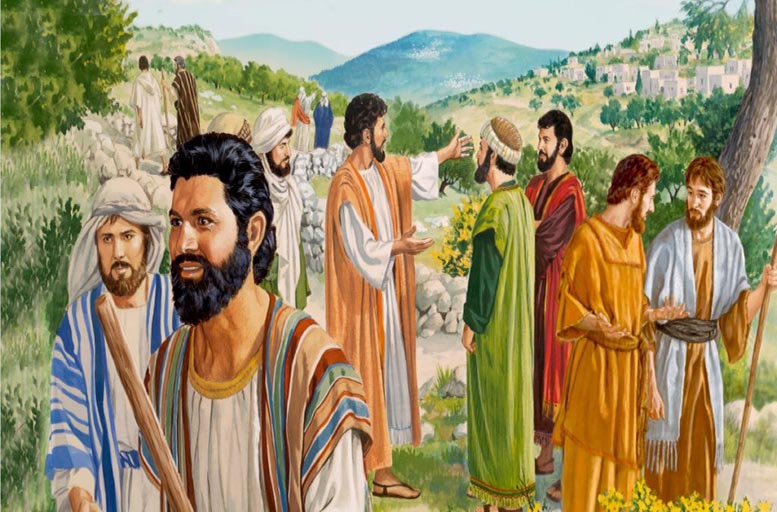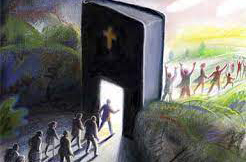Reflection
Second Sunday in Advent | Year B
Matt 3:1-12
In due course John the Baptist appeared; he preached in the wilderness of Judaea and this was his message: ‘Repent, for the kingdom of heaven is close at hand.’ This was the man the prophet Isaiah spoke of when he said:
A voice cries in the wilderness:Prepare a way for the Lord,make his paths straight. Reflection
This man John wore a garment made of camel-hair with a leather belt around his waist, and his food was locusts and wild honey. Then Jerusalem and all Judaea and the whole Jordan district made their way to him, and as they were baptised by him in the river Jordan they confessed their sins. But when he saw a number of Pharisees and Sadducees coming for baptism he said to them, ‘Brood of vipers, who warned you to fly from the retribution that is coming? But if you are repentant, produce the appropriate fruit, and do not presume to tell yourselves, “We have Abraham for our father,” because, I tell you, God can raise children for Abraham from these stones. Even now the axe is laid to the roots of the trees, so that any tree which fails to produce good fruit will be cut down and thrown on the fire. I baptise you in water for repentance, but the one who follows me is more powerful than I am, and I am not fit to carry his sandals; he will baptise you with the Holy Spirit and fire. His winnowing-fan is in his hand; he will clear his threshing-floor and gather his wheat into the barn; but the chaff he will burn in a fire that will never go out.’
The Pharisees and Sadducees did not think of themselves as sinners. It was probably easy for John to deduce that they were not sincere in their desire for repentance, and that there was probably another motive behind their action in lining up with the ordinary people for baptism. He certainly gave them a tongue-lashing when he spotted them in the line.The message that John gave the Pharisees and Sadducees was blunt. He told them that they were excusing themselves from acting virtuously because they considered themselves privileged. Their genealogy extending back to Abraham was no excuse for not producing “good fruit”.
This passage is an invitation to think about being honest with ourselves, about ourselves. It is so easy (and very human) to make excuses when we want to justify doing something that is morally suspect or less than honest. For example, when we do good things for other people are we undermining what we do by having some sort of ulterior motive?In the readings of Christmas we will come across the man with the ultimate ulterior motive, Herod, who claimed he wanted to pay homage to the new king but whose real intention was to kill him if he could find him. Our ulterior motives are unlikely to be as extreme, but it is important to identify them as they are corrosive for our growth in virtue. They may be about making ourselves look good, shifting blame, addressing our guilt about something, taking revenge, manipulating others, or self-justification.
Love is the purest motive for what we do in relation to others. It is the source of the “good fruits”. Ensuring that it the only motive is one of the keys to spiritual growth.
The List of Contributions Received by Caritas Vietnam
1. The list of 2024 contributions to the Caritas Vietnam general charity fund
2. The list of 2023 contributions to the Caritas Vietnam general charity fund
Latest project information
Copyright © 2018 by COMMISSION on CHARITY and SOCIAL ACTIONS - CARITAS VIETNAM
Total visits: 26,183,890


